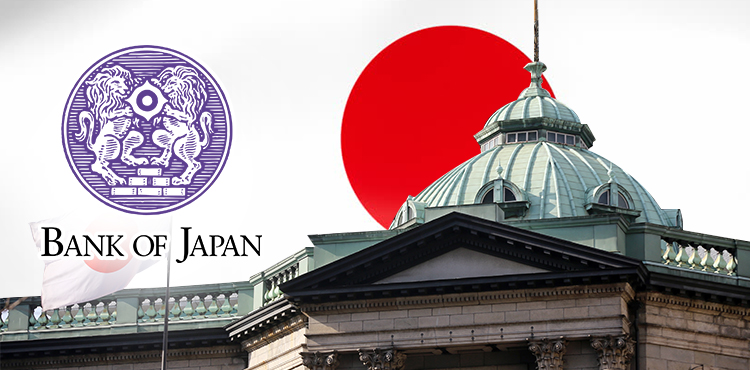Minutes from the Bank of Japan’s July meeting revealed a split among policymakers regarding the pace of future interest rate increases, reflecting uncertainty surrounding the timing of the next hike in borrowing costs.
The meeting saw a 7-2 vote to raise short-term interest rates to 0.25%, marking a gradual move away from a decade of extensive stimulus measures.
While some board members advocated for further rate hikes to be implemented promptly and methodically to prevent a rushed increase later on, others emphasized the need to wait for confirmation of increased capital expenditure, wages, and prices by firms before raising rates.
Amidst these discussions, concerns were raised about the risks associated with prematurely normalizing monetary policy and the importance of carefully managing market expectations for future rate hikes, given that inflation has not yet reached the 2% target set by the BOJ.
With uncertainties surrounding Japan’s neutral rate and its economic impact, policymakers emphasized the necessity of closely monitoring economic indicators and market responses to rate changes.
Following a market reaction to the rate hike in July and subsequent reassurances regarding economic stability amidst market volatility, BOJ Governor Kazuo Ueda reiterated the bank’s commitment to adjusting borrowing costs in line with progress towards achieving the 2% inflation target.




